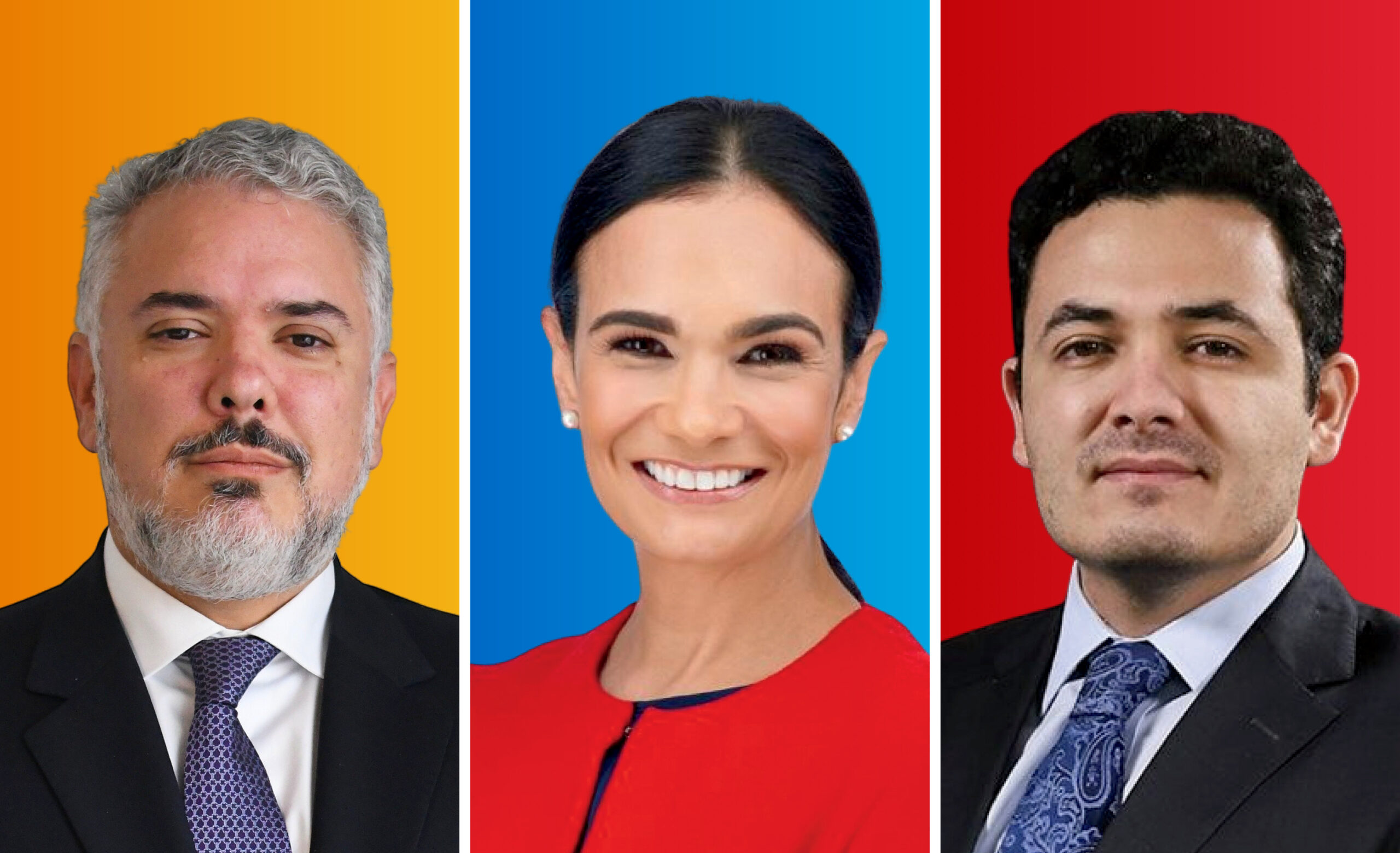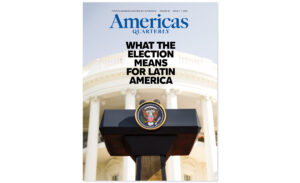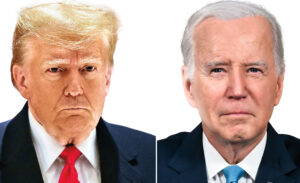This article is adapted from AQ’s special report on the 2024 U.S. presidential election and its impact on Latin America
What is the single most important Latin America-related issue the next U.S. president should focus on, regardless of who wins?
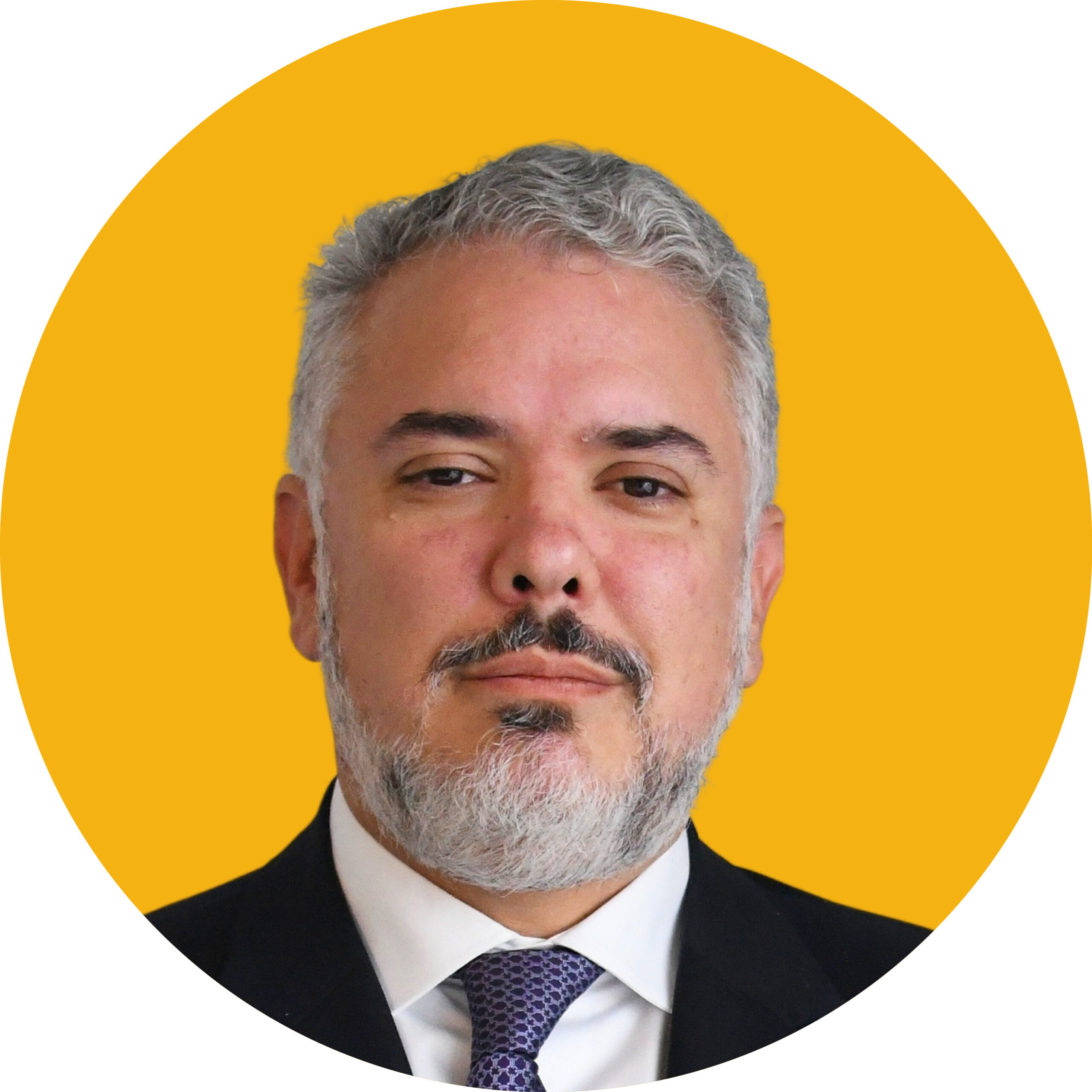
Iván Duque
Duque is a distinguished fellow at the Oxford School of Government, FIU Adam Smith Center and Cornell University Emerging Market Institute. He chairs the Iván Duque Center for Freedom and Prosperity at the Woodrow Wilson Center. He was president of Colombia from 2018 to 2022.
Build sustainable growth
The most important issue between Latin America and the U.S. is to build a sustainable economic growth and social gaps reduction program for the whole region—and to build it in a bipartisan and bicameral way that guarantees its long-term nature as a policy of state.
Such a program requires more trade and investment agreements; the acceleration of friend-shoring; a strategic participation of U.S. companies in infrastructure that includes the energy transition; and a stronger participation of U.S. companies in the deployment of 5G networks and the expansion of critical technologies such as applied AI, cybersecurity, blockchain and cloud computing, among others.
Such a policy, involving U.S. agencies from USAID, to the Development Finance Corporation (DFC) and the Export-Import Bank, among others, will allow Latin American countries to stimulate investment, accelerate growth, expand the middle class, and reduce the temptation of illegal migration to seek opportunities.
This policy also requires more intelligent support for security in order to dismantle transnational organized crime groups and consider law enforcement as a public good.
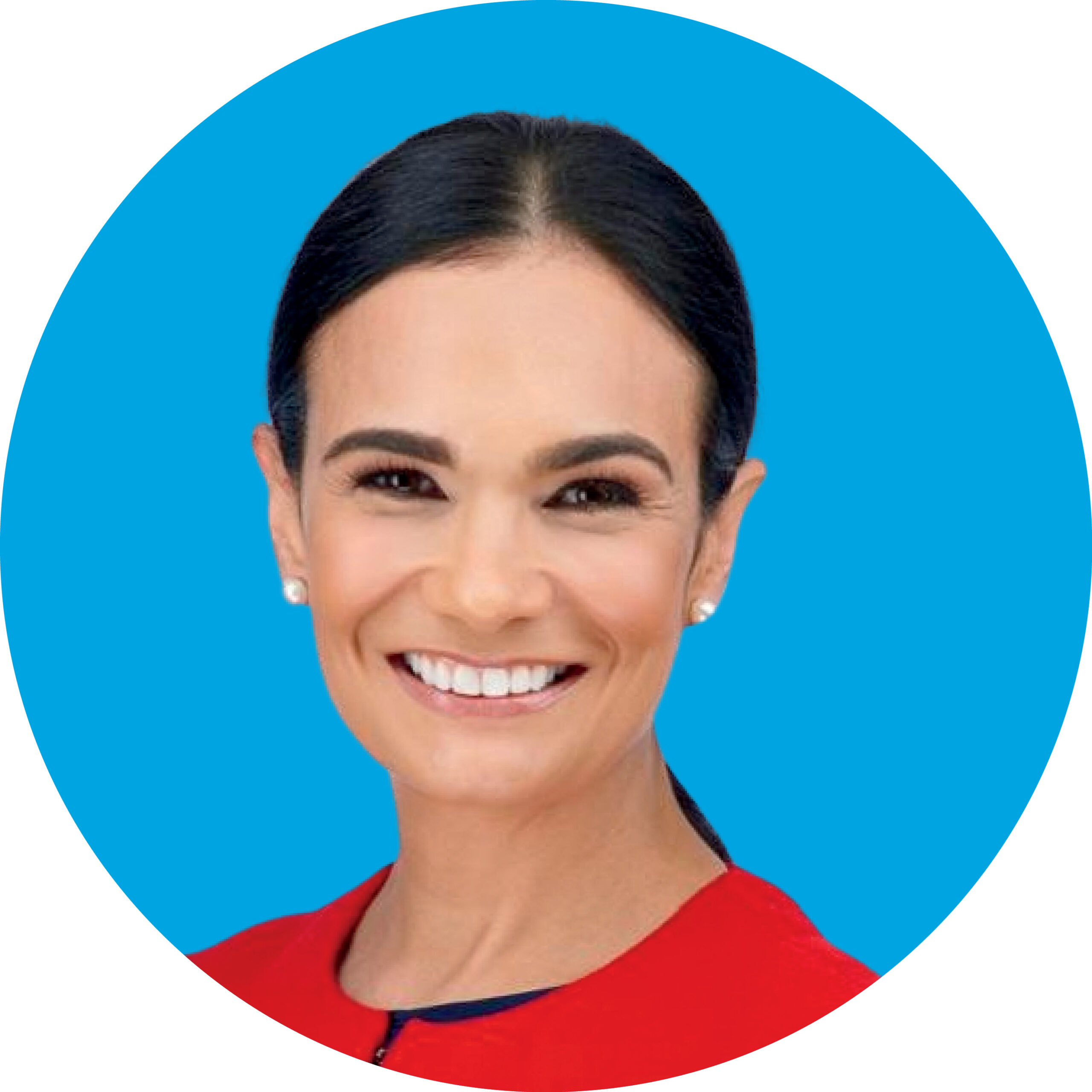
Isabel de Saint Malo de Alvarado
De Saint Malo de Alvarado was the vice president and foreign affairs minister of Panama from 2014 to 2019 and is a member of AQ’s editorial board.
Address opportunity
For decades the United States-Latin America relationship has been impacted by irregular migration, drug trafficking, organized crime and a lack of security. Billions have been spent on addressing them, without concrete results. These are all interconnected with a lack of opportunities and inadequate living conditions for many.
Latin American citizens are not looking for a free ride; they are looking for paths to improve their livelihoods and that of their families. This should be at the core of U.S. foreign policy toward the Americas. The root causes of the problems have not really been adequately addressed, and the U.S. can certainly help.
The economies of the region face low productivity, low participation in value chains, low investment in research and development, fiscal challenges and informality. For a region where more than 170 million people do not have enough income for their basic needs, the situation is tragic.
Further, pessimism is present, with many having lost faith to expect that opportunities for a better life will ever arise.
The next U.S. administration needs to understand the relationship between development and democracy as between development and the fight against crime. The battle to be fought is against inequality and exclusion, and for opportunities and well-being.
This path is valid for most Latin American countries where democracy reigns and collaboration is possible. Regarding the three countries in the region where dictatorships have taken a strong hold—Cuba, Nicaragua and Venezuela—the only avenue is to increase pressure through stronger sanctions, in an effort to force a return to democratic values and the respect for human rights, for the sake of their weakened populations.
Easier said than done? Yes, but that must be the objective with a concrete, holistic approach.
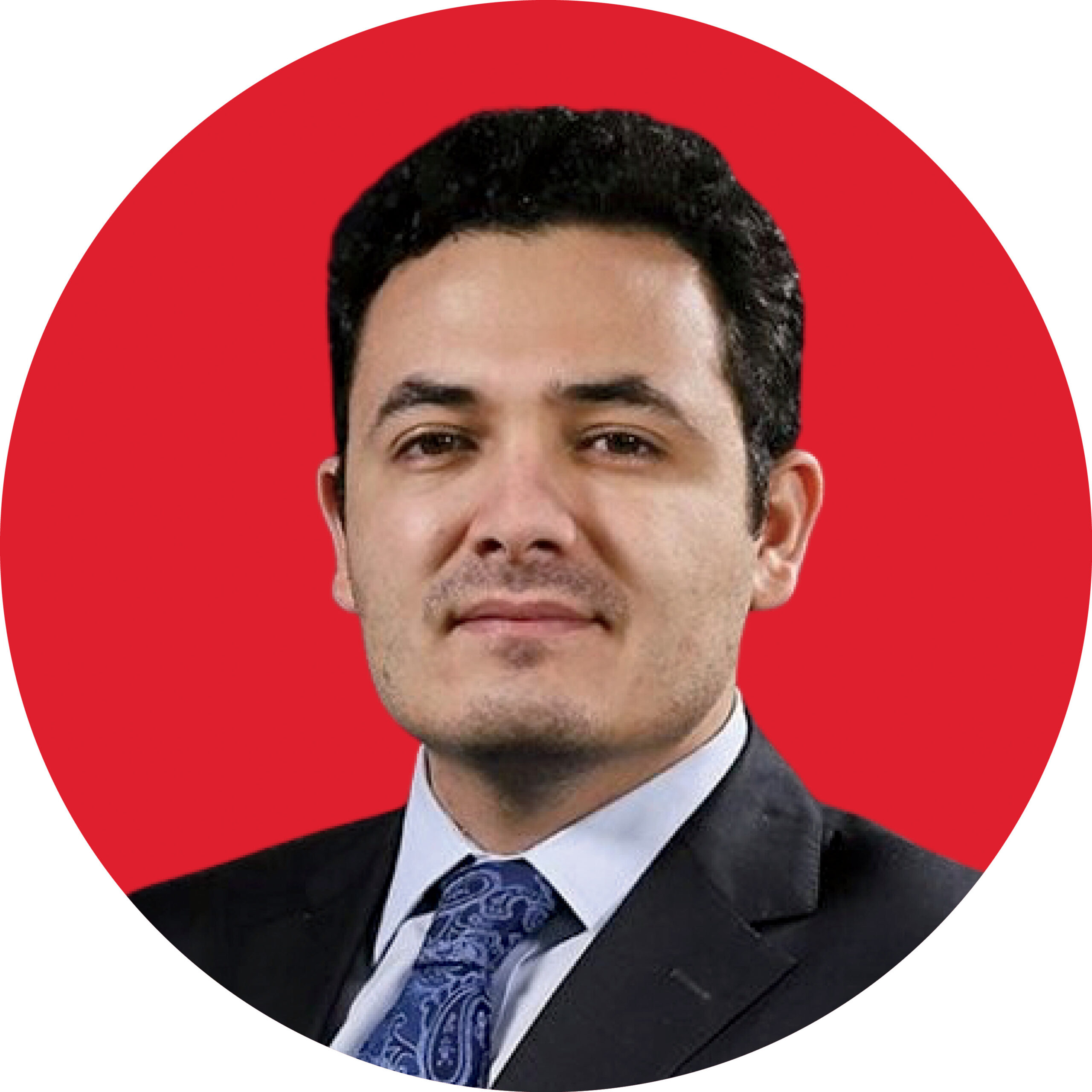
Samuel Pérez
Pérez is an economist who has served in Guatemala’s Congress as a member of the Semilla party since 2020. He is also the president of Semilla’s congressional bloc and its national director of political organizing.
Counter authoritarianism
The gravest challenge the next administration will face is that of radical authoritarian groups capturing public institutions, with the goal of doing away with democracy as a system. They are increasingly coordinating across borders and supporting each other. Governments throughout the hemisphere, including the U.S., have the responsibility to strengthen democracies and cooperate to prevent radical authoritarianism from seizing more power.
These groups are seeking not just to gain power through the democratic system. Rather, they seek to dominate democracies and then dismantle them. They sow doubt about whether democracy can deliver results, and insist that only an authoritarian system can get the job done. This is a profound regional threat.
This threat grows out of popular frustration with deepening inequality. Too many people see elites unwilling to cede privileges and leaders unable to meet expectations of opportunity and improved material conditions. Our community of nations therefore needs to ensure that democracy can deliver by using the tools of multilateralism and taking astute political action.
We need to help Latin American democracies scale up investment, achieve inclusive growth, and improve environmental conditions, given the devastating effects of climate change. This is the best way to improve insecurity and reduce migration. It is also the best way to ensure that people continue to believe in democracy as the right path forward.


